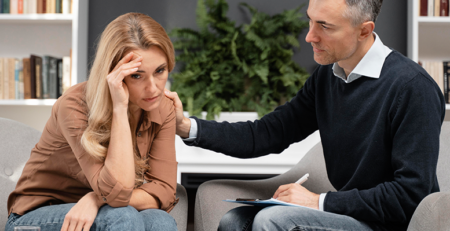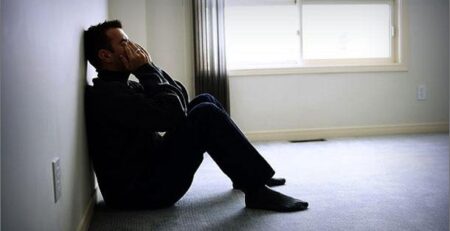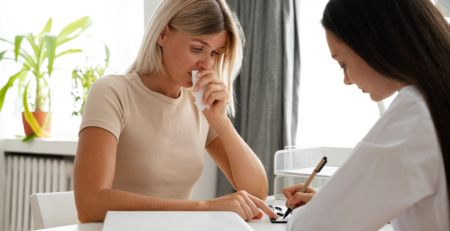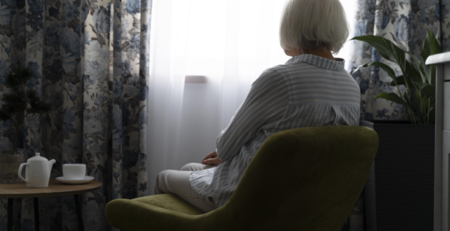Help for Couples Looking to Overcome The Effects of Addiction in Their Relationship
Are you worried that your partner may be abusing drugs or alcohol? Or, maybe you’re looking for ways to get through treatment? Dealing with addiction can be stressful for couples, and it can be hard to know where to start when it comes to healing your relationship. If you’re wondering how to help your partner get better, start with these helpful tips.
Know Signs of a Serious Problem
Recognizing the signs of addiction is the first step in getting your relationship back on track. If you’re concerned your partner may be abusing opioids, knowing the signs of opioid addiction could save their life. Physical signs of opioid and substance abuse include unexplained nausea, constant drowsiness, and constricted pupils. More subtle signals of a problem are sudden and unexplained financial issues, excessive pill bottles in the garbage or around the house, and your partner taking more than the prescribed dose of pain medication. Pay close attention to these behaviors so you’ll know when it is time to seek help.
Find Treatment for Your Loved One
Getting your partner into addiction treatment can be a challenge. If he/she is willing to admit to their addiction, that’s a positive first step. However, you may need to do some serious convincing to get them to seek the help they need. Have a heart-to-heart talk with your partner and express your concerns in a calm, objective manner. Express your concerns about his/her well-being and how addiction is negatively affecting your relationship. Use this guide to get through that tough conversation. It may even be helpful to involve friends and family members if you think your partner will respond better to a group setting.
Get Help Working Out Your Issues
It’s common to feel hurt and upset when addiction affects your relationship. But if you want to work things out, you need to find healthy ways to deal with these emotions. Couples attempting to overcome a serious crisis in their relationship can benefit greatly from counseling. Therapy sessions from Psychotherapy Partners will allow you to explore and resolve serious issues such as broken trust and feelings of anger. It may also be helpful to seek out individual counseling so that you both have a safe space where you can share your feelings. Therapy can benefit anyone dealing with addiction by providing an open, neutral forum to talk about problems and air out emotions.
Make Sure You’re Taking Care of Yourself
When your partner is recovering from an addiction, you may feel the need to put their comfort and needs first. While it’s wonderful to offer support, you have to learn to balance personal and partner needs in a way that benefits you both. Self-care is essential to staying strong for your partner while taking care of yourself. Taking the time to exercise, eat healthfully, and relax can help you maintain your own sanity. Your partner should make time for self-care as well, as a way to contribute to their recovery, so you can even make it a goal to get healthier together. If there’s too much negative energy in your home, clutter and messes could be fueling your stress and anxiety. Give your home a deep cleaning, toss out old unused items, and allow some fresh air in.
Don’t Be Afraid to Talk Seriously About Your Future
Getting help for addiction involves getting to the root of the problem. This often means taking time to closely examine emotions, the past, and even relationships. You should both use this time to think seriously about your future together and decide whether it’s time for your relationship to end. If your lives are heading in different directions, if trust is completely gone, or if life has simply gotten too stressful, it may be best for you both to move on. And always remember that abuse, whether emotional or physical, is never okay, and you have to stay aware of signs you should leave immediately.
Dealing with addiction is a tough challenge for any couple to face. Take these steps when helping a loved one get help for their addiction, but just know that your own emotional well-being has to come first. Get the help you both need and take the necessary steps so that you can both be healthy and happy.












Leave a Reply